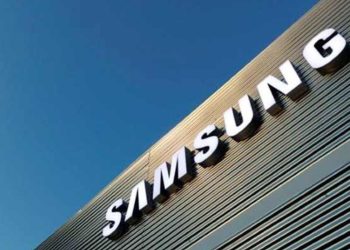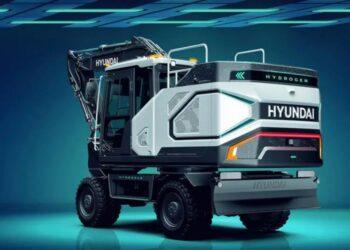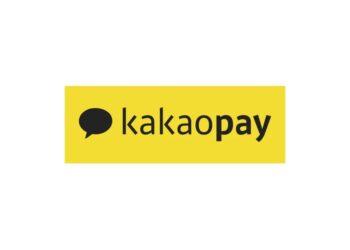Korea Railroad Research Institute (KRRI) plans to develop a hydrogen train that can run 600 kilometers on a single charge. It is going to gradually replace diesel-powered vehicles in South Korea and apply South-North Korea.
KRRI announced on Wednesday that it will develop an eco-friendly hydrogen fuel cell hybrid railway vehicle with a maximum speed of 110 kilometers per hour through its research project on railway technology by the Korea Agency for Land, Transport, Science and Technology. Its project cost is worth $22.3M USD (25B KRW) including $2.6M USD (3B KRW) from private businesses.
KRRI plans to develop hydrogen charging stations, and technical standards for railway vehicles. It is going to verify its stability and efficiency at the Osong Railway Line, which is going to be completed in first half of this year. The project will be completed in 2022.

The substitution effect of diesel-powered rail vehicles in non-ferrous sections is also huge. Diesel rail cars are the main source of pollution that produces carbon and micro dust. According to a report by the Ministry of Land, Infrastructure and Transport, diesel-powered rail vehicles emit 19 kilograms per kilometer, compared to hydrogen-powered vehicles’ 9.1 kilograms. As of 2016, 28% of diesel-powered sections that were not converted into South Korea standard were used. Diesel rail cars are also operating in many parts of the subway line.
“With the development of hydrogen railway technology, we will be able to reduce carbon, fine dust, energy costs, and vitalize hydrogen energy related industries.”
Director Na Hee-seung of KRRI







